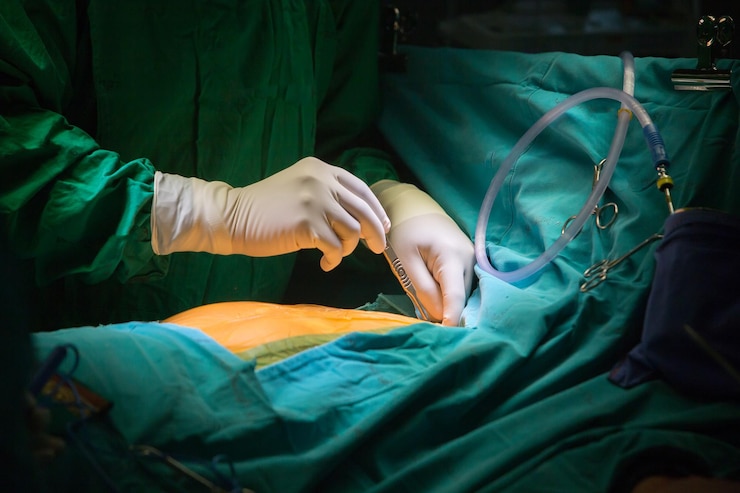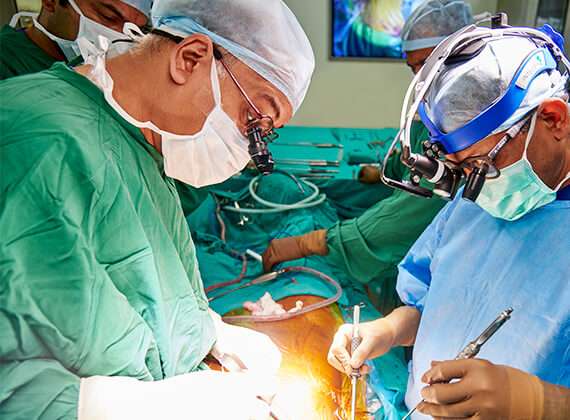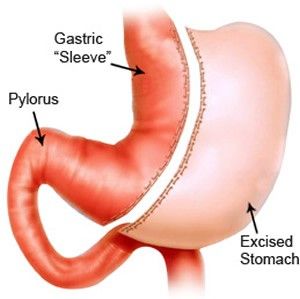The Shocking Truth About Fistula Surgery: Are You Prepared?
Fistula surgery is a procedure that carries with it not only medical implications but also profound emotional and social consequences. While fistulas are often associated with childbirth injuries in developing countries, they can also result from other causes such as trauma, surgery complications, or inflammatory bowel disease. Understanding the shocking truth about fistula surgery is essential for patients, healthcare providers, and society as a whole to adequately address this challenging condition and its far-reaching impacts.
To Know More About It Please Click Here
The Reality of Fistula
Fistulas are abnormal connections or passages that form between two organs or between an organ and the skin. In the context of obstetrics, obstetric fistulas typically occur between the vagina and the bladder or rectum, leading to involuntary leakage of urine or feces. This devastating condition can have profound physical, psychological, and social consequences for affected individuals, often leading to social isolation, stigma, and decreased quality of life.
The Importance of Surgery
Surgery is the primary treatment option for fistulas, aiming to repair the abnormal connection and restore normal anatomy and function. However, fistula surgery is complex and challenging, requiring specialized skills and expertise. Depending on the size, location, and severity of the fistula, surgical repair may involve various techniques, including primary closure, tissue flaps, or grafts. Despite advancements in surgical techniques and technology, success rates vary, and complications such as recurrence, incontinence, and infection can occur.
Psychological and Social Impact
Beyond the physical consequences, fistulas can have profound psychological and social effects on affected individuals. The constant leakage of urine or feces can lead to feelings of shame, embarrassment, and low self-esteem. Many women with obstetric fistulas face social ostracism, abandonment by their families, and even divorce or abandonment by their spouses. The psychological trauma associated with fistulas can be long-lasting, affecting mental health and overall well-being.
Access to Care
Access to quality fistula care remains a significant challenge, particularly in low-resource settings where obstetric fistulas are most prevalent. Limited access to skilled surgeons, specialized facilities, and postoperative care can hinder the timely diagnosis and treatment of fistulas, exacerbating the suffering of affected individuals. Addressing barriers to care, improving infrastructure, and investing in training programs for healthcare providers are crucial steps towards ensuring equitable access to fistula treatment and support services.
Empowerment Through Awareness and Advocacy
Raising awareness about fistulas and advocating for comprehensive care and support are essential steps toward addressing this neglected health issue. Empowering affected individuals with knowledge, support, and resources can help break the silence surrounding fistulas and reduce the stigma associated with this condition. Additionally, supporting research initiatives, training programs, and capacity-building efforts can enhance the effectiveness of fistula treatment and improve outcomes for patients worldwide.
To Know More About It Please Click Here
Conclusion
Fistula surgery is not just a medical procedure—it is a journey fraught with challenges, uncertainties, and profound implications for affected individuals. Understanding the shocking truth about fistula surgery requires acknowledging the physical, psychological, and social dimensions of this condition and the complex factors that contribute to its prevalence and impact. By raising awareness, advocating for comprehensive care, and empowering affected individuals, we can work towards eliminating the scourge of fistulas and ensuring that all individuals receive the care and support they need to live healthy, dignified lives.







